Haitangshan Scenic Area
Haitangshan Scenic Area
Haitangshan Mountain is one of the top ten scenic spots in AAAAAA, National Forest Park, National Nature Reserve, Provincial Key Cultural Relics Protection Unit and Province. It is 22 kilometers away from Fuxin city and 160 kilometers away from Shenyang, the provincial capital. The altitude of Haitangshan is 715.5 meters, which is an example of the organic integration of human landscape and natural landscape.
Development history
Pu'an Temple in Haitangshan was founded in the 22nd year of Emperor Kangxi in the Qing Dynasty (1683). After six generations and five generations of living Buddha, it is the center of Oriental Tibetan Buddhism, known as the "Little Potala Palace".
In July 2002, the restored Tsokin Hall was officially completed. The building area of the hall is 968 square meters. The building is magnificent and the style is quite different. The whole hall uses 6 kilograms of gold and 1200 precious stones. It is the largest Tibetan Buddhist temple in Northeast China.
On August 1, 2007, Haitangshan Mountain in Liaoning Province was approved by the State Council as a national nature reserve.
geographical environment
Haitangshan Scenic Area, located 22 kilometers southeast of Fuxin City, is the main peak at the back of Yiwulu Mountain, one of the three famous mountains in Northeast China. The scenery of Begonia Mountain is beautiful all the year round: in spring, azaleas, cherries and apricot blossoms can be enjoyed in full bloom; in summer, it is cool and quiet, and it is a summer resort; in autumn, red leaves can be seen all over Begonia Mountain, which has a beautiful autumn sense; and in winter, it is like a fairyland wrapped in silver.
Fuxin Haitangshan Scenic Spot is located in Dabanzhen, Fuxin Mongolian Autonomous County (historically known as Sha Ri Che Qi Ge Tu Shan), 20 kilometers from Fuxin City, which belongs to the remnants of Wulu Mountain.
Main attractions
Begong Mountain is a scenic spot which integrates natural and cultural landscape. Spring appreciation of Begong Mountain, green mountains, azaleas, cherries and apricot blossoms compete for brilliance; summer climbing of Begonia Mountain, cicadas; autumn trips to Begonia Mountain, red leaves full of mountains; winter facing Begonia Mountain, snow-pressed green pine, silver-wrapped, wild rabbit mountain chickens, in the scene of "Begonia stepping on snow" makes people like wonderland.
Pu an temple
The cliff statue on Haitangshan Mountain, known as the "Little Potala Palace", is the existing representative of the Oriental Center of Tibetan Buddhism and Yellow Religion in China. There are more than 260 cliff statues. It is said that the dyes on the Buddha statue are made from some plants on the hill of Begonia, which makes people recall the long history and rich associations with designers and sculptors.
There are many kinds of statues on the cliffs of Haitangshan Mountain. From the mountains to the top of the mountain, on the granite rocks of different sizes, there are thousands of Buddhist statues carved everywhere. Now there are more than 260 well-preserved Buddhist statues, the highest of which is 5 meters, the smallest is only 0.3 meters. There are 10 Buddhist statues in a group, the largest group of 26 are called "Jixianshi". Some statue niches are engraved with Mongolian, Manchu, Tibetan, Sanskrit and Chinese characters, and some are painted with colored paintings. Although they have gone through more than 300 years, their colors have not faded.
The statues on the cliffs of Haitangshan Mountain have various features, some with smiles and kindly eyes, and some with round and angry eyes and awe-inspiring majesty. Among the numerous Buddhist statues, Buddha statues such as Sakyamuni, Guanyin Bodhisattva, Maitreya Buddha, Red and Green Dudan, Vajrayana, Happy Buddha, Thousand-Handed Thousand-Eye Buddha, Heavenly King Buddha, Three-Headed Six-Armed Buddha and Asura are the representatives. Among them, the statue of Zongkaba, the founder of the Tibetan Buddhism Huang religion, is carved on a tall and prominent rock, which is particularly striking. In addition, there are Tibetan Buddhas who respect all Buddhas, so Haitangshan is also known as a famous mountain of Tibetan Buddhist cliff statue art. In addition to the statues of cliffs, Haitangshan Scenic Spot has beautiful peaks and unique natural scenery composed of strange rocks, mountains and streams, rare trees and wild flowers.
Red Stone Valley Scenic Area
Shiqi, Songmei and Guyou constitute the main features of natural landscape. There are more than 400 species of plants in Hongshi Valley, and the forest coverage rate is 86.6%. Its peaks are peculiar, steep mountains, deep gullies, and grotesque rocks. Seventeen ancient pines and purple cypresses, which have grown for more than 400 years, stand proudly on the cliffs, with more than 40 species of wildlife. Haitangshan National Forest Park has been selected as the "Top Ten" Forest Park of Liaoning Ecotourism for three consecutive years.
Begongshan has become a paradise attracting people and one of the bases of patriotic education in Fuxin. A cool famous Buddhist mountain in the north.
Tourism information
Public Transportation: You can get off at Fuxin Station by train or bus, and then go to Haitangshan by taxi or minibus. Fuxin citizens can take a taxi directly in the Southern Campus of Liaoning University of Technology, a car can take four people, per capita 15 yuan to reach the Haitangshan Scenic Area. The train takes the No. 8 bus and gets off at Fumeng County Passenger Station. Then it takes a taxi to Osaka Town or directly to the entrance of Haitangshan Scenic Area. It costs 10 yuan per person. Back to the ticket booth at the entrance of Haitang Mountain, there is a special bus to take you back to Fumeng County. Or walk two kilometers directly to Dabanzhen and take a taxi back to the city.
Self-driving route: Shenyang-oriented tourists can enter Fujian-Zhangzhou Expressway to Fuxin exit, from the provincial capital Shenyang to Fuxin in only one and a half hours;
Tourists in Yingkou direction enter from Gaokan Station of Fuying Expressway and get out of Haitangshan Interchange Station.
Tourists in Dalian direction pass through Fuying Expressway from the entrance of Shenhai Expressway Dalian Station and get out of Haitangshan Interchange Station.
Tourists in the direction of Jinzhou can take the Jinfu Expressway.
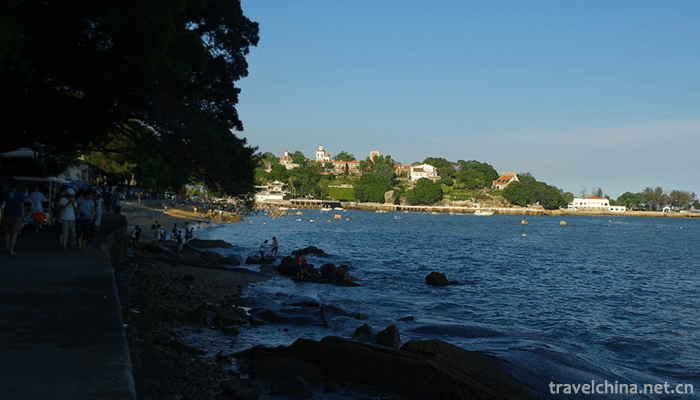

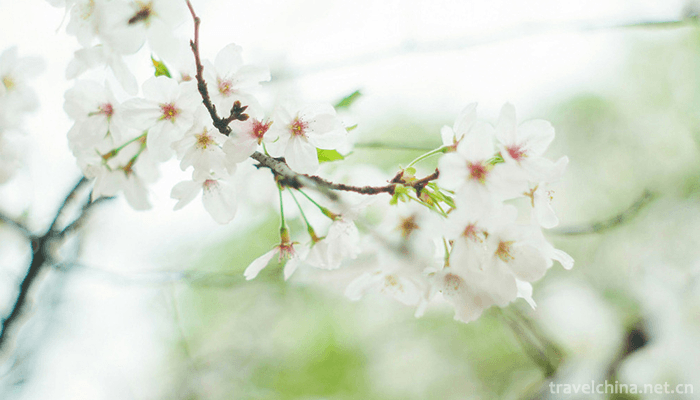
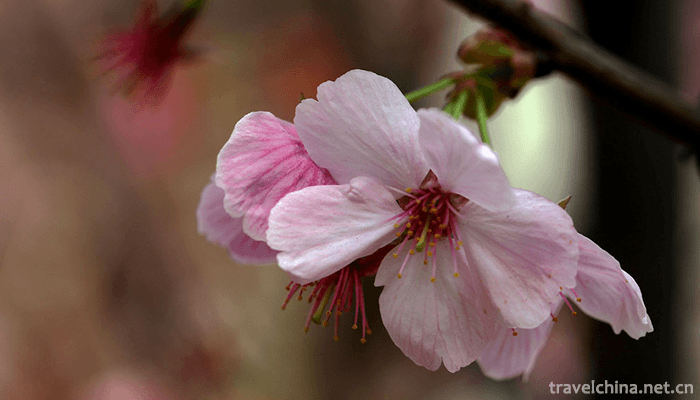
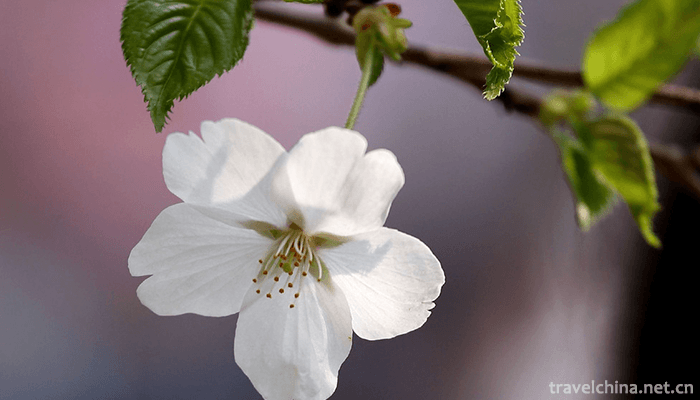
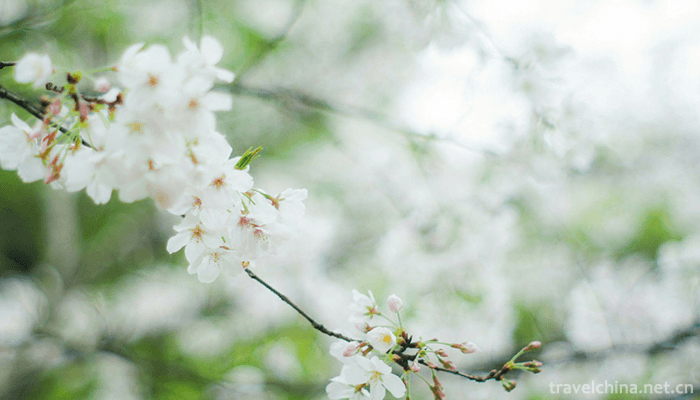
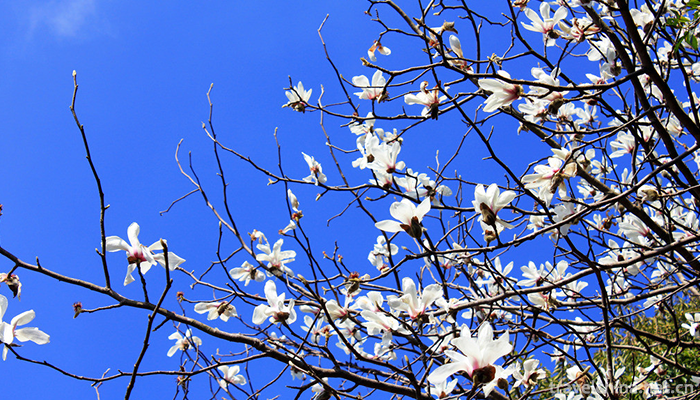
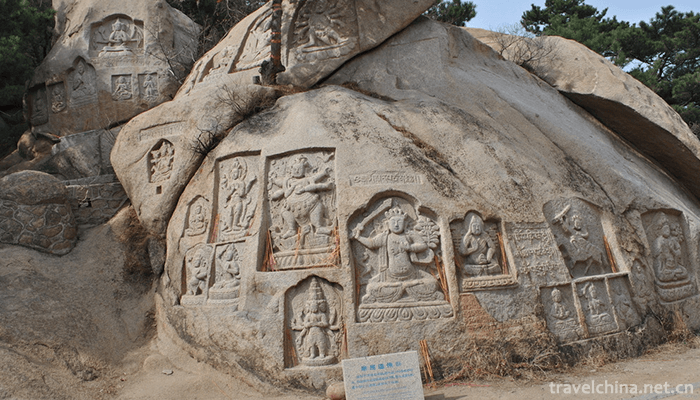
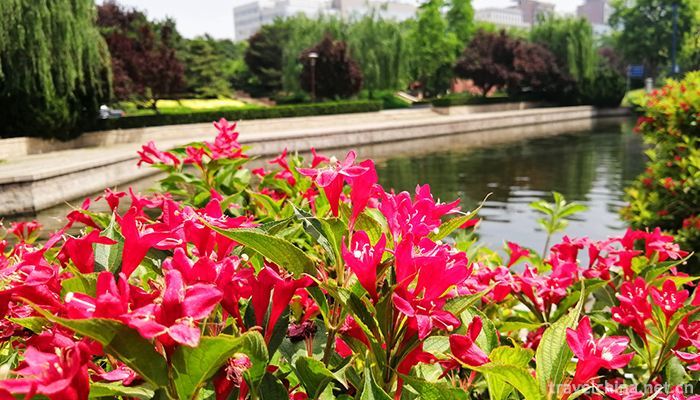
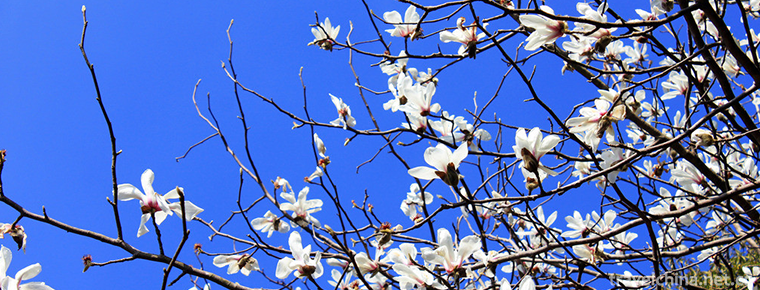
-
2.Lhanagtso RakshasTime 2018-10-12
-
3.Oyster omelet
Oyster fry is a common home dish, which originated in Quanzhou, Fujian Province, and is one of the classic traditional snacks in southern Fujian, Taiwan, Chaoshan and other regions.
Time 2018-11-02 -
4.Sanqing Mountain Scenic Spot
Sanqing Mountain, also known as Shaohua Mountain and Yashan Mountain, is located at the junction of Yushan County and Dexing City, Shangrao City, Jiangxi Province
Time 2018-12-08 -
5.Qiqu Mountain Scenic Area
Qiqu Mountain Scenic Spot is located about 9 kilometers north of Zitong County, Mianyang City, Sichuan Province. It is located at the southern end of Jianmen Shudao Scenic Spot.
Time 2018-12-17 -
6.Yuanyi Shuangfeng Lake International Tourist Resort
Yuanyi Shuangfeng Lake International Tourist Resort in Anhui Province is a high-level tourist resort integrating Golf and leisure. Located in the beautiful scenery, with a total area of more than 2000
Time 2018-12-23 -
7.Eight treasures bean curd
Babao bean skin is a delicacy. Main raw materials: bean curd 6 white sesame 25 grams pig meat 120 grams of letinous edodes.
Time 2019-03-25 -
8.Southern Drama
Nan Opera, also known as Nan Opera and Shi Nan Diao, commonly known as "Gaotai Opera" or "People's Congress Opera", is a local opera in Enshi Tujia and Miao Autonomous Prefecture o
Time 2019-06-07 -
9.Qinghai Lake offering sacrifices to the sea
Qinghai Lake is a pearl on the plateau of the mangyang snow area, which has been admired by people for thousands of years. This paper systematically expounds the origin, course
Time 2019-06-10 -
10.Yongnian Western Dialect
Yongnian Western Dialogue is an independent drama formed after Shangdang Bangzi of Shanxi was introduced into Yongnian. During the period of Xianfeng in Qing Dynasty, Shangdang Bangzi was introduced i
Time 2019-07-14 -
11.Neijiang geographical environment
Neijiang City is mainly hilly, surrounded by low mountains in the southeast and southwest. About 90% of the hills are between 350 and 450 meters above sea level. The geological structure is a part of the Neocathaysian subsidence zone with small fold fault scale
Time 2020-12-16 -
12.Neijiangs first industry
In 2019, the sown area of grain crops in Neijiang is 309600 ha, an increase of 0.3% over the previous year; the sown area of oil crops is 79900 ha, an increase of 0.4%; and the sown area of vegetables is 78100 ha, an increase of 2.3%. The total grain output
Time 2020-12-16